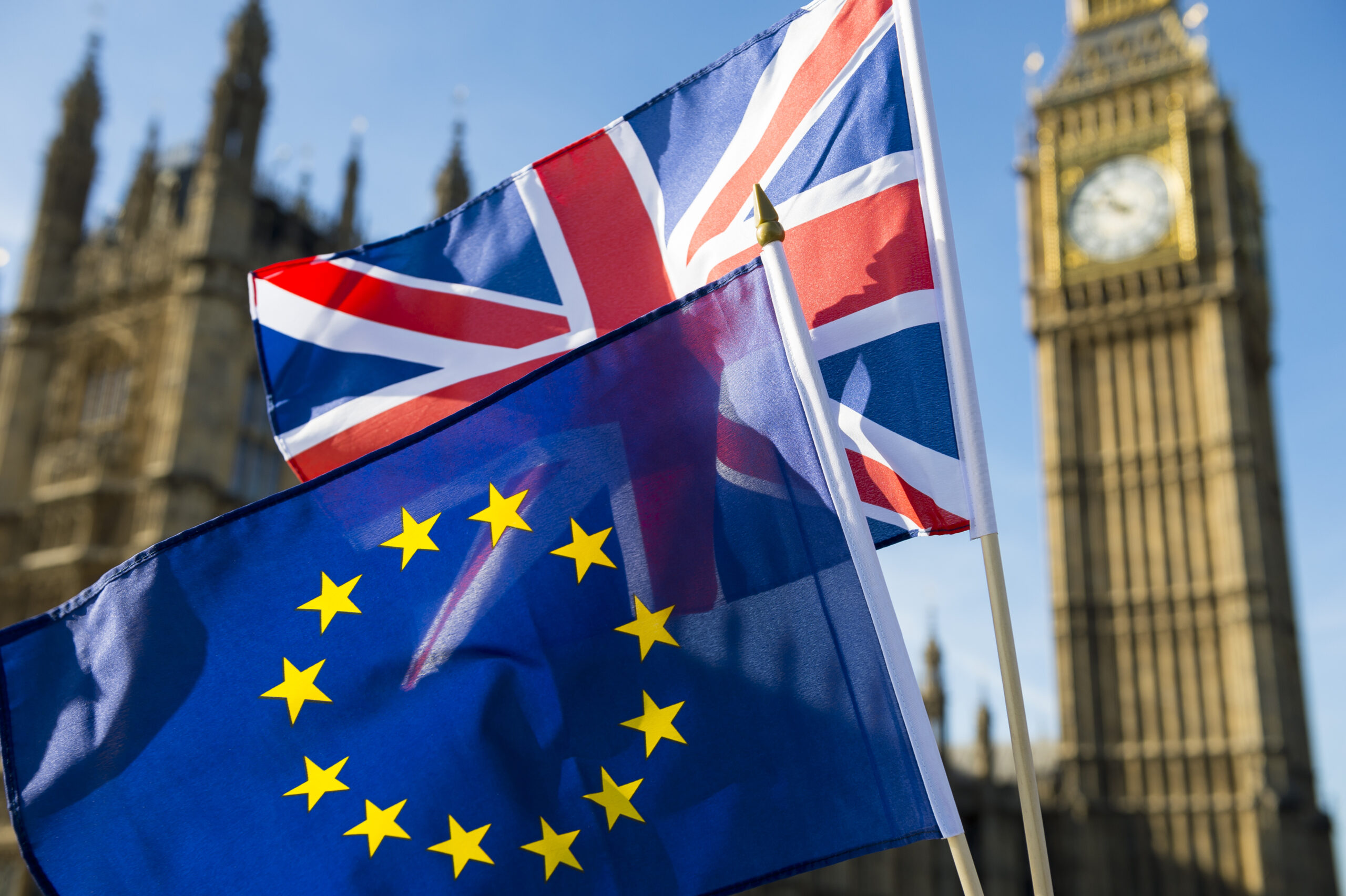Prepare Your Business For Brexit
A recent survey has revealed that 80% of UK Business aren’t prepared for when Britain bids its final farewell to the European Union. Technically speaking, we said Bon Voyage to our European neighbours at 11pm on the 31st January of this year. However, our little island is currently undergoing an agreed transpiration period that is due to run till the end of 2020. But with how things have gone so far, who knows what the future holds.
Over the past few months, negotiations have been taking place in the hope that Britain can establish a future partnership with the EU. However, with conflicting interests, there is a great deal of uncertainty as leaders at the European Parliament have threatened to refuse consent to a future deal. For both parties to be somewhat satisfied, it raises this question: shouldn’t compromise be made?
So What’s Next For Businesses In The UK?
Throughout the rest of this month, the EU hopes to end negotiations and come to an agreement. But for a process that has taken four years and counting, it’s looking increasingly unlikely that us Brits won’t be heading towards any sort of deal.
With this in mind, Boris Johnson has told us to prepare for a ‘No Deal’ Brexit. So why is it that only two in ten companies are ready for the changing trading relationships?
With the UK being a largely service based economy, (think finance, legal and real estate). It may come as a surprise that manufacturing’s importance for the UK economy is more crucial than we may realise. Manufacturing is officially responsible for 10% of the economy and 9% of employment. While these figures may seem low, it is also key to note that nearly half of the UK exports and imports of manufactured goods go to, and come from, the EU. With this in mind, there could be major disruptions to the manufacturing industry such as delays at the UK-EU border and even added costs. In some cases, manufacturers could be forced to produce products to different specifications for the UK and EU markets.
If this all sounds a little too threating, fear not. If you’re in manufacturing, we’ve created a checklist to help you prepare. Read below to get our top ten tips on battling Brexit for your business.
Our Tips On Battling Brexit
- Understand the tariffs that will apply to your business. How they will impact on raw materials costs and ultimately your finished product costs. If you are unsure of the tariffs, click here for more information.
- To be able to import and/or export goods you need to apply for an EORI number (Economic Operator Registration Identification).
- Speak to customers about the impact of cost increases on your product and determine the ability of your customers to either accept higher prices, or understand the impact of lower margins on your business profitability.
- Understand the Supply Chain flow of your key suppliers and ensure they have a plan in place that won’t detrimentally impact you.
- Look at the origin of your goods. Currently if they are of 50% British origin they are classed as tariff free.
- Delivery time of products coming through UK ports will be adversely impacted by customs checks. This time delay will impact products from inside and outside the EU. Look to increase carrying stock values to remove this risk.
- Familiarise yourselves more with the Incoterms. Negotiating the right one with your customers, having a clear picture of when the change of ownership of the goods take place as well as insurance liabilities. Visit the Government website for more information.
- Make an integrated cashflow forecast. Take into account the impact of new tariffs and duties.
- If you have EU\EEA employees working in the UK before 31 December 2020, they have, until 30 June 2021, to apply under the EU Settlement Scheme. If the individual has 5 years continuous residence, they will be granted approved status. Otherwise, pre-approved status will be awarded. Once 5 years continuous residence has been achieved, the applicant can apply for approved status, visit the Gov website here.
- If you intend to employ EU\EEA individuals who are not in residence in the UK by 31 December 2020, after January 1 2021 they will have to apply under the new immigration points based system, you can do so here.
Prepare For Brexit With Ampios
So there you have it, if you feel there are areas that you’ve not addressed, don’t worry. We can support you in putting an action plan together. If you need business support, Ampios are here to help. Contact us for your consultation.


